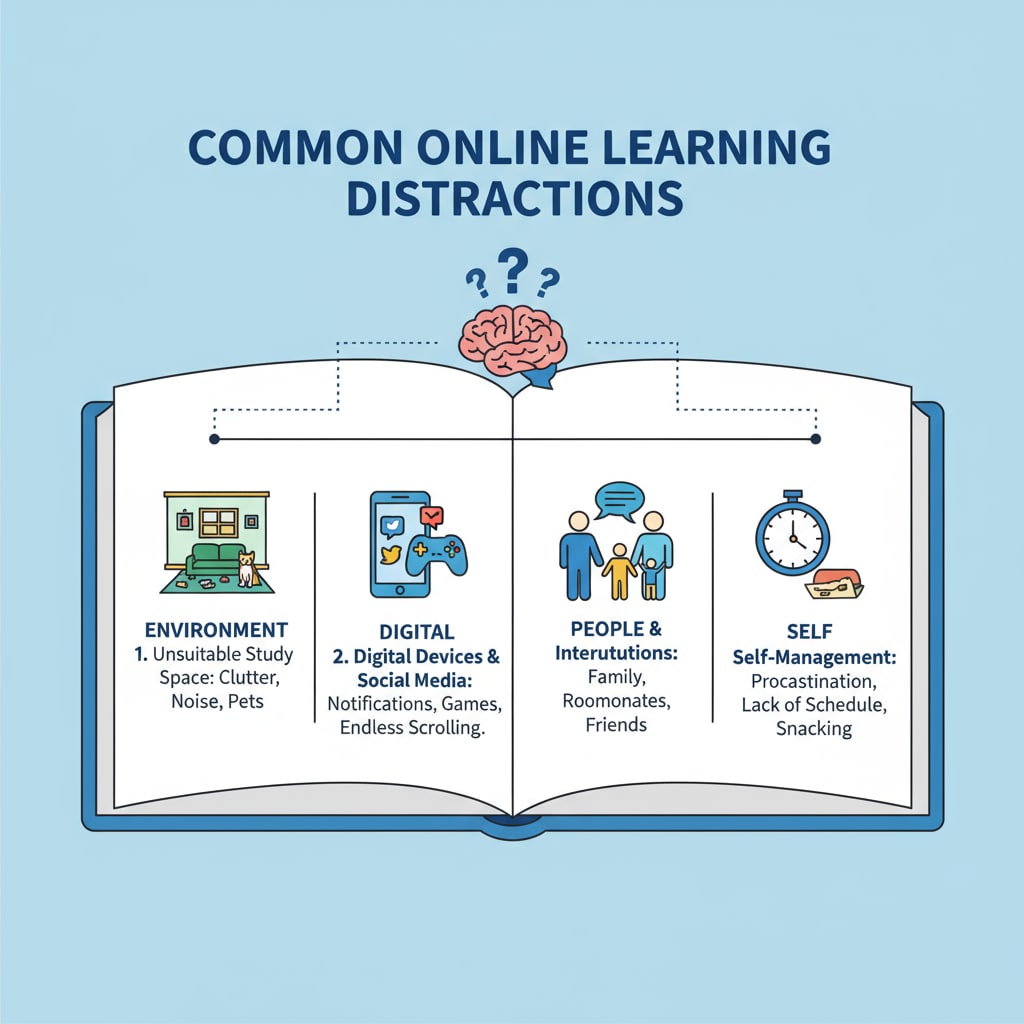Online learning, productivity, procrastination, and mental health are intertwined aspects that many teenagers face, especially those who have chosen online education due to mental health challenges. These students often grapple with issues of self-discipline and maintaining focus. In this article, we will explore practical strategies to enhance productivity and overcome procrastination in the virtual learning environment, aiming to help students establish healthy study habits and strike a balance between mental well-being and academic performance.

Understanding the Challenges of Online Learning
Online learning presents unique obstacles. Without the physical structure of a traditional classroom, distractions are abundant. Social media notifications, the comfort of one’s home environment, and the lack of direct teacher supervision can easily lead to procrastination. Moreover, for teenagers dealing with mental health issues, maintaining motivation can be particularly difficult. According to American Psychological Association’s research on youth mental health, mental health challenges can significantly impact a student’s ability to concentrate and stay on task. Therefore, recognizing these challenges is the first step towards finding solutions.

Building a Productive Study Environment
Creating a dedicated study space is crucial. Designate a specific area in your home as your study zone. Keep it clean, organized, and free from distractions. Ensure good lighting and a comfortable chair to avoid physical discomfort that could derail your focus. In addition, establish a regular study schedule. Set specific times for studying, breaks, and leisure activities. Consistency is key, as it helps train your mind to be in “study mode” during designated periods. Verywell Mind offers useful tips on creating a productive study environment.
Readability guidance: Using short paragraphs and lists helps summarize key points. For example, under this H2, we can list the steps to create a productive study space. We should also control the proportion of passive voice and long sentences, and sprinkle transition words throughout the text to enhance readability.
Another important aspect is managing digital distractions. Turn off non-essential notifications on your devices. Use website blockers for social media platforms during study hours. This way, you can minimize the temptation to stray from your studies and stay focused on the task at hand.
Finally, don’t forget to incorporate breaks into your schedule. Short, regular breaks can actually improve your productivity. Take a few minutes to stretch, walk around, or have a snack. This gives your mind and body a chance to recharge, allowing you to return to your studies with renewed energy.


